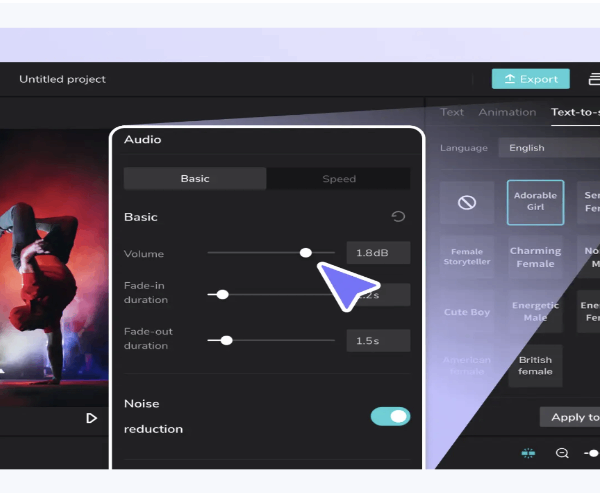Stealing the Spotlight: Unmasking the Dangers of Copying and Re-uploading Video Content
In the digital age, video content has become a popular and influential medium of communication. Creators invest time, energy, and resources to produce original, engaging, and valuable material for their audience. However, there’s a growing issue of individuals copying and uploading someone else’s video content as their own. This practice is not only unethical but has various adverse effects on both the original creator and the industry as a whole. Here’s how the practice of downloading and uploading another person’s content and claiming it as your own is damaging the ethical fibers of the media and content creation industry.
Copyright Infringement and Legal Consequences
When you copy someone else’s video content and upload it as your own, you violate copyright laws. The original creator has the exclusive right to reproduce, distribute, and display their work. As a result, using their content without permission can result in legal consequences, such as fines, takedown notices, and even lawsuits.
Loss of Revenue for the Original Creator
Content creators often rely on monetization through ads, sponsorships, or subscription services to support their work. When you re-upload their content, you divert potential revenue from the original creator, making it more challenging for them to produce and maintain high-quality material. In essence, you’re stealing their hard-earned income.
Damage to the Original Creator’s Reputation
When viewers encounter copied content, they may mistakenly attribute it to the original creator. This situation can lead to confusion and misrepresentation, damaging the creator’s reputation and undermining their credibility. Furthermore, if the copied content is of low quality or altered in any way, it can negatively impact the perception of the original creator’s work.
Decreased Incentive for Creativity and Innovation
Copying content discourages original creators from investing in new and innovative projects. If they cannot benefit from their work and protect their intellectual property, they may be less likely to create unique content. This stagnation can ultimately harm the entire industry, as fewer groundbreaking ideas are shared, and creativity declines.
Unfair Advantage and Misleading the Audience
By uploading copied content, you mislead your audience into believing that the material is your own. This dishonesty not only deceives the viewers but also puts you at an unfair advantage over other creators who invest time and effort into producing original content. The lack of transparency can lead to a loss of trust among your audience and negatively impact your credibility.
Contributing to the Spread of Misinformation
Altering or copying video content may lead to the dissemination of false or misleading information. This issue is especially pertinent in the era of fake news and misinformation, as it can contribute to the spread of harmful ideas and misinformed beliefs. By uploading copied content, you become a part of the problem, undermining the public’s trust in digital media.
Conclusion
In conclusion, copying and uploading video content as your own is a highly unethical practice that has numerous negative consequences. It infringes upon the rights of the original creator, deprives them of revenue, damages their reputation, and contributes to the decline of creativity and innovation within the industry. Moreover, it deceives the audience and contributes to the spread of misinformation. As content consumers, it’s essential to value originality and support creators by engaging with and sharing their work in a responsible and ethical manner.















